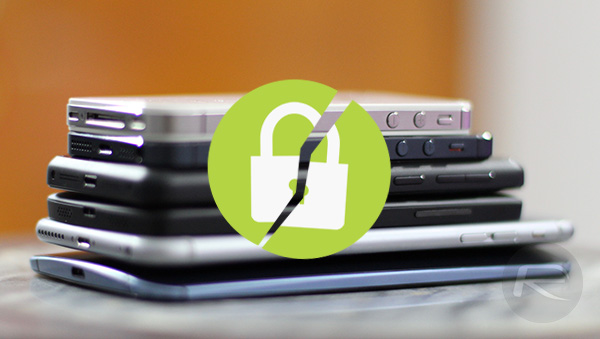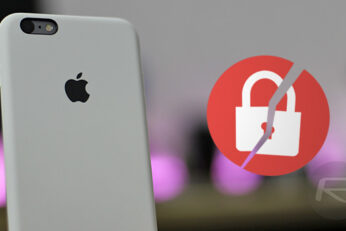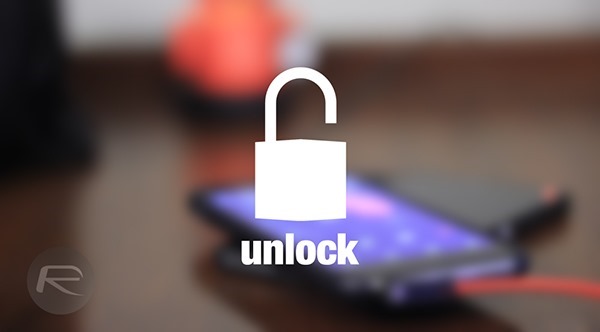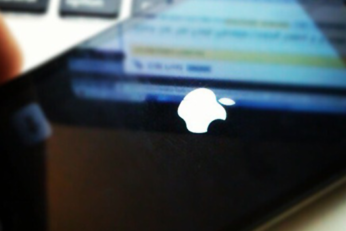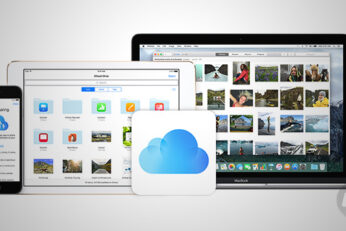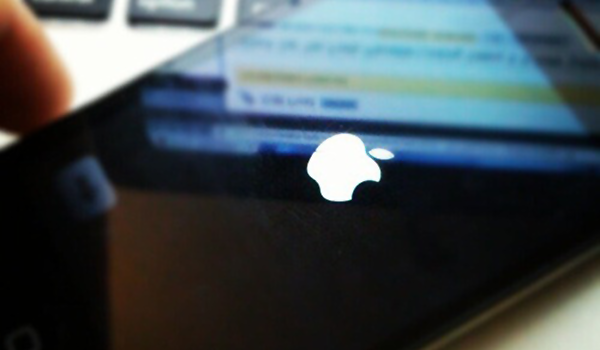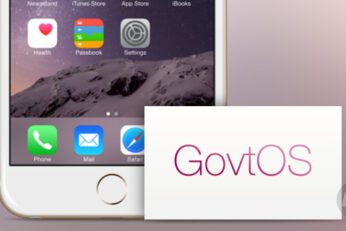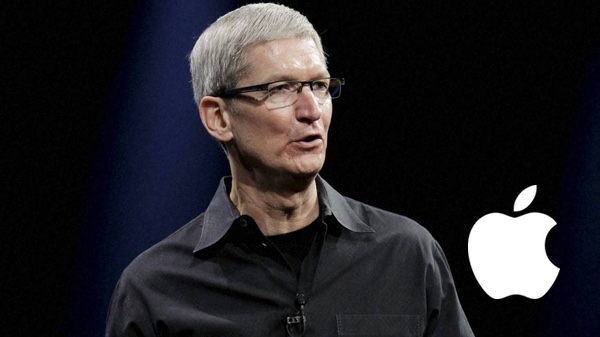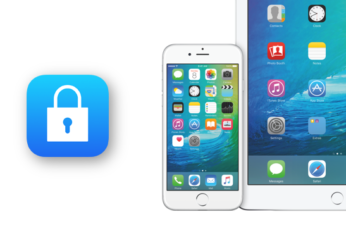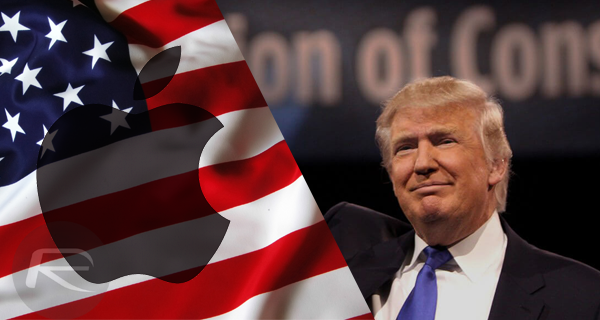If you have in your possession a regular inkjet printer, a certain type of compatible ink, and fifteen minutes of spare time, then you could be well on your way to bypassing the biometric security on a smartphone. A recently conducted research has concluded that using a certain technique, it is in fact possible to gain unofficial access to a smartphone protected by a fingerprint scanner. How? By printing an image that uses a specialized conductive ink. Here's how this trick works.
John Miller, the New York Police Department's Counter-Terrorism Chief, has added to the Apple encryption drama by claiming that the Cupertino-based company is providing aid to various criminal elements by producing an iPhone that cannot be accessed by LEAs. Speaking at a radio show, Miller took the opportunity to offer his own personal thoughts on the encryption scandal that has rocked the technology industry over the last month or so.
Apple today has officially filed a formal objection to the court order that effectively tried to force the company into assisting the FBI with unlocking an iPhone 5c that belonged to one of the San Bernardino shooters. Apple's General Counsel, Bruce Sewell, had previously filed a statement prior to the congressional hearing yesterday that outlined the reasons why the company believes the original court order should never have been granted.
A new concern for Apple has come to light with experts suggesting the company could be looking at anything from heavy fines to jail time for CEO Tim Cook if it continues to deny the FBI's demands for backdoor access to the San Bernardino shooter's iPhone.
Apple plans to put forth an argument before Congress tomorrow afternoon that if it were to comply with court order to crack open a smartphone for FBI used in the San Bernardino shooting, it would set an extremely "dangerous precedent" for the future. Apple's statement prepared by Bruce Sewell has already been submitted to the panel ahead of the appearance, and can now be read below.
Rather than face the laborious process of having to defend itself against governmental requests and court orders once again, Apple is said to be looking internally at strengthening its cloud encryption in order to effectively make it impossible to comply with court requests for data in the future. A number of sources who are seemingly familiar with Apple's plans have suggested that the Cupertino-based company is assigning engineering resources to add encryption to iCloud backups in such a manner that it's impossible to comply with valid data requests from government agencies.
Apple has filed a motion to what it hopes will prevent it from creating "GovtOS" which will enable FBI access to an iPhone that belonged to one of the San Bernardino shooters. The motion filed claims that the court order to allow the FBI access to the aforementioned iPhone gives FBI "dangerous power" that breaches the company's constitutional First Amendment right to free speech.
It is being reported that Apple is working extremely hard internally on building an iPhone that nobody can hack into. Attention has recently been lavished onto Apple in the wake of the San Bernardino shooting in California, with law enforcement agencies applying pressure on the company to create a new version of iOS that introduces a backdoor to bypass security. This latest report suggests that Apple is responding to the security storm by trying to build an even more secure device and ecosystem that would make it impossible to break into iPhones, even for Apple. In other words, this would effectively make FBI's current requests useless.
Apple's feud with the US government isn't likely to go away any time soon, and CEO Tim Cook has sought to ensure all of his employees understand the reasons behind the company's position in an email to them.
The Department of Justice has filed a motion to force Apple to help the FBI crack the iPhone involved in the San Bernardino shooting, claiming that Apple's decision to oppose the original court order is more based on its marketing strategy than any legal footing.



